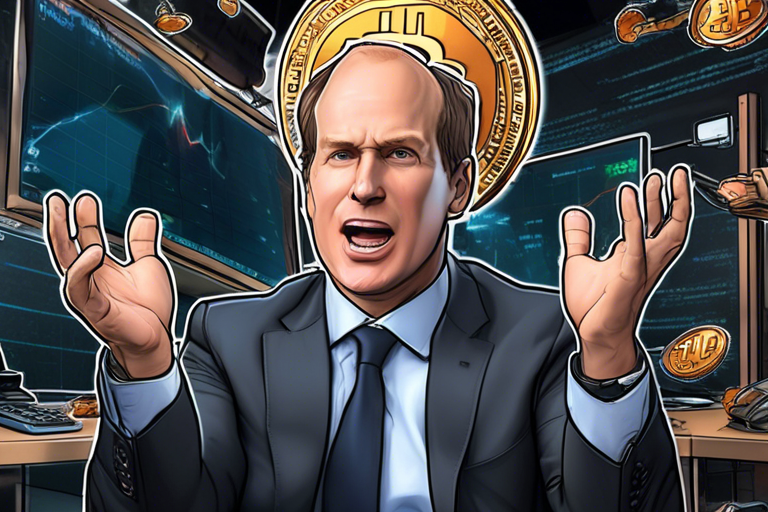The Global Financial Shift: What You Need to Know
BlackRock CEO Larry Fink recently highlighted a significant change in the global financial system. Discover how this shift impacts emerging economies and established economic powers and the strategies needed to unlock financial potential.
Larry Fink’s Insights on the “Growth Dilemma”
- Larry Fink noted the shift from banks to capital markets as the primary source of private-sector financing.
- Recent reforms have led to billions of dollars being channeled into developing countries’ infrastructure.
- Fink stressed the need for a new approach to unlocking capital, different from traditional bank models.
- He announced the formation of the Investor Coalition committing $25 billion to Asia’s emerging economies and efforts in Africa.
- The need for growth extends beyond emerging economies to great economic powers like the G7 countries.
- G7 countries face economic challenges with a high debt-to-GDP ratio and demographic shifts.
- During economic concerns, Bitcoin is seen as a potential safe haven for investors.
- Blockchain analytics firm Kaiko has observed institutional players like Franklin Templeton, Fidelity, and BlackRock praising Bitcoin’s safe-haven characteristics.
- Bitcoin offers higher returns and low correlation with equities, making it appealing during market turmoil.
- Bitcoin’s 60-day correlation with the Nasdaq 100 has significantly decreased, making it a strong contender as a safe haven asset.
- Spot Bitcoin exchange-traded funds (ETFs) in the US have seen strong demand with over $15 billion in net inflow since their launch.
- With institutional endorsements and its stability during economic instability, Bitcoin emerges as a reliable asset for investors seeking stability.
Bitcoin as a Safe Haven in Economic Turmoil
Hot Take: Embracing Bitcoin in Turbulent Economic Times
Explore the shifting dynamics in the global financial system and how Bitcoin is gaining traction as a safe haven asset, providing stability and potential returns for investors during economic uncertainty.





 By
By
 By
By
 By
By

 By
By